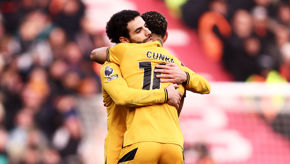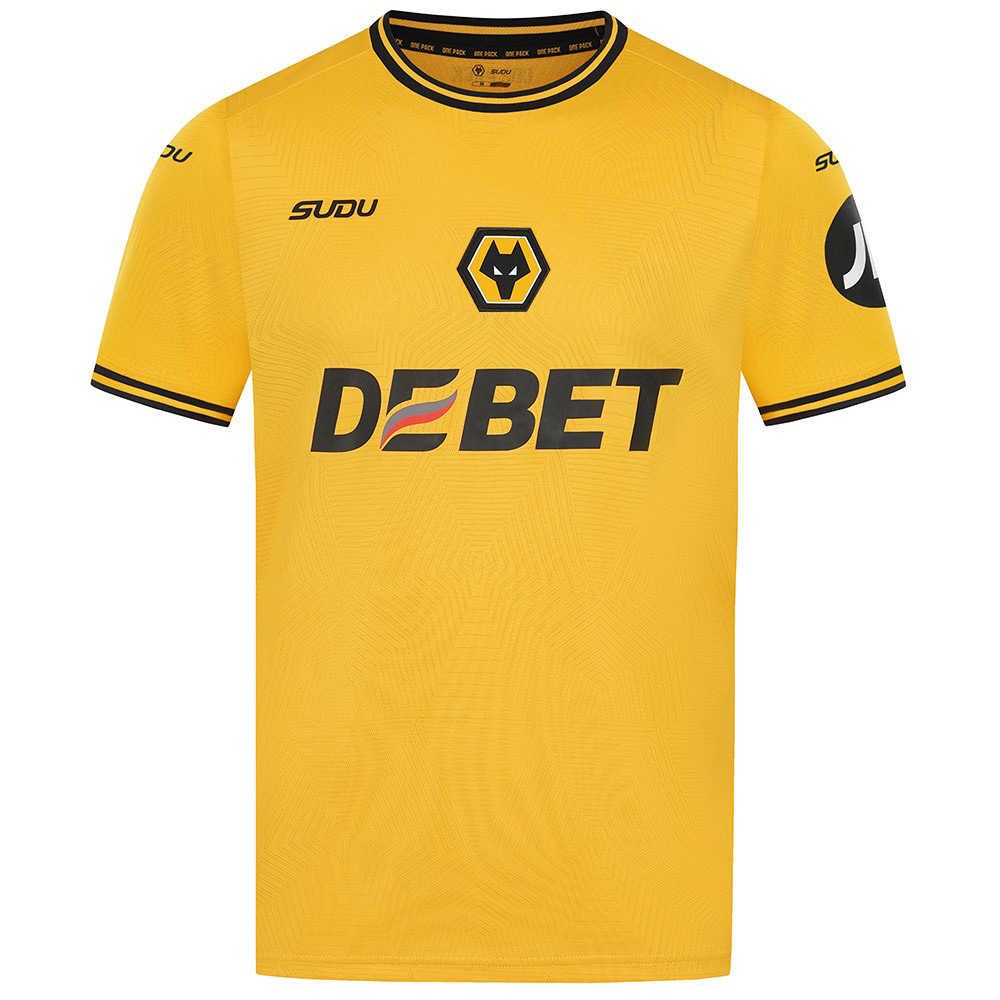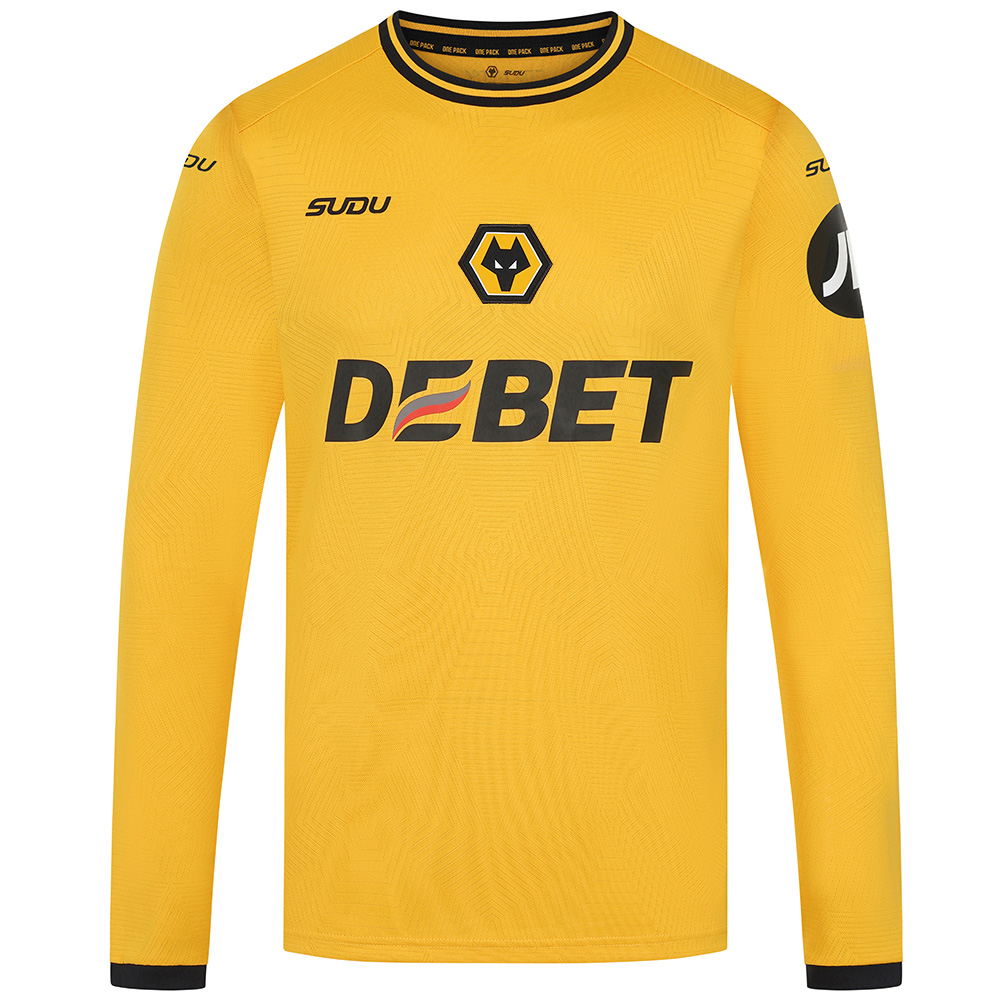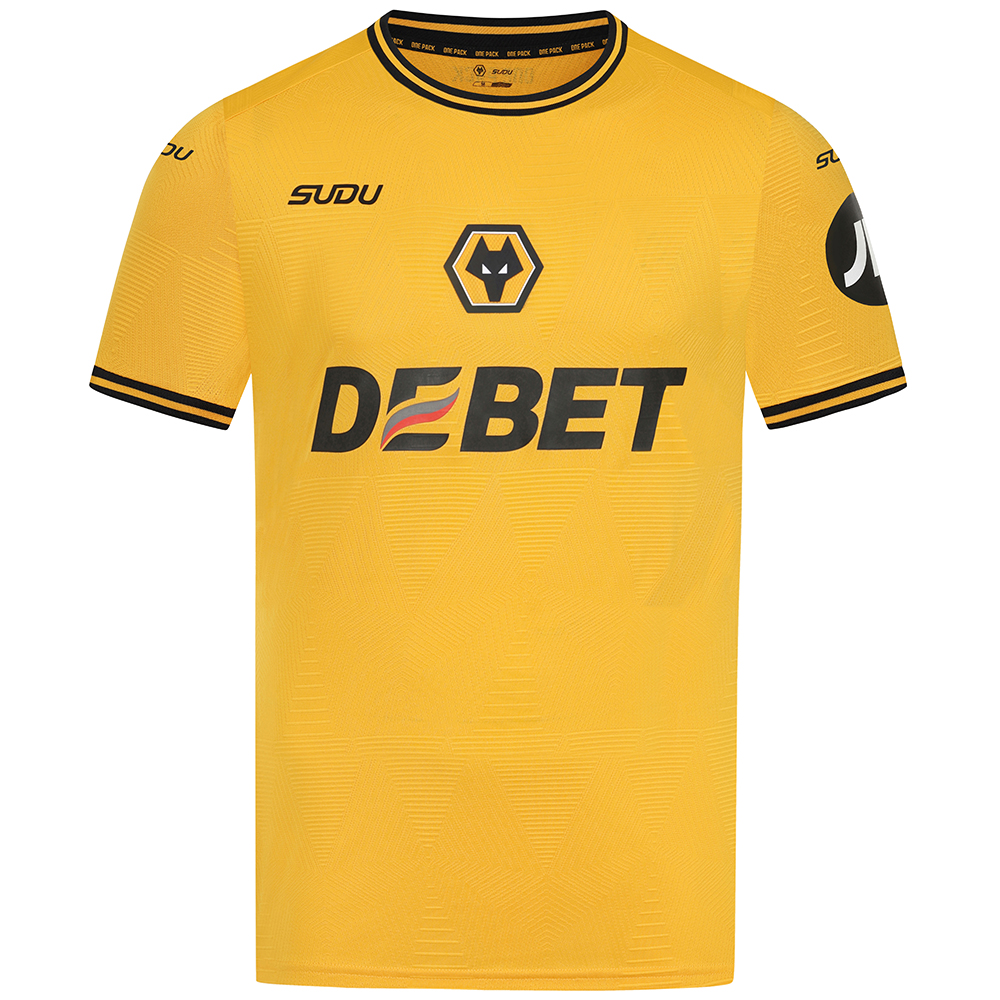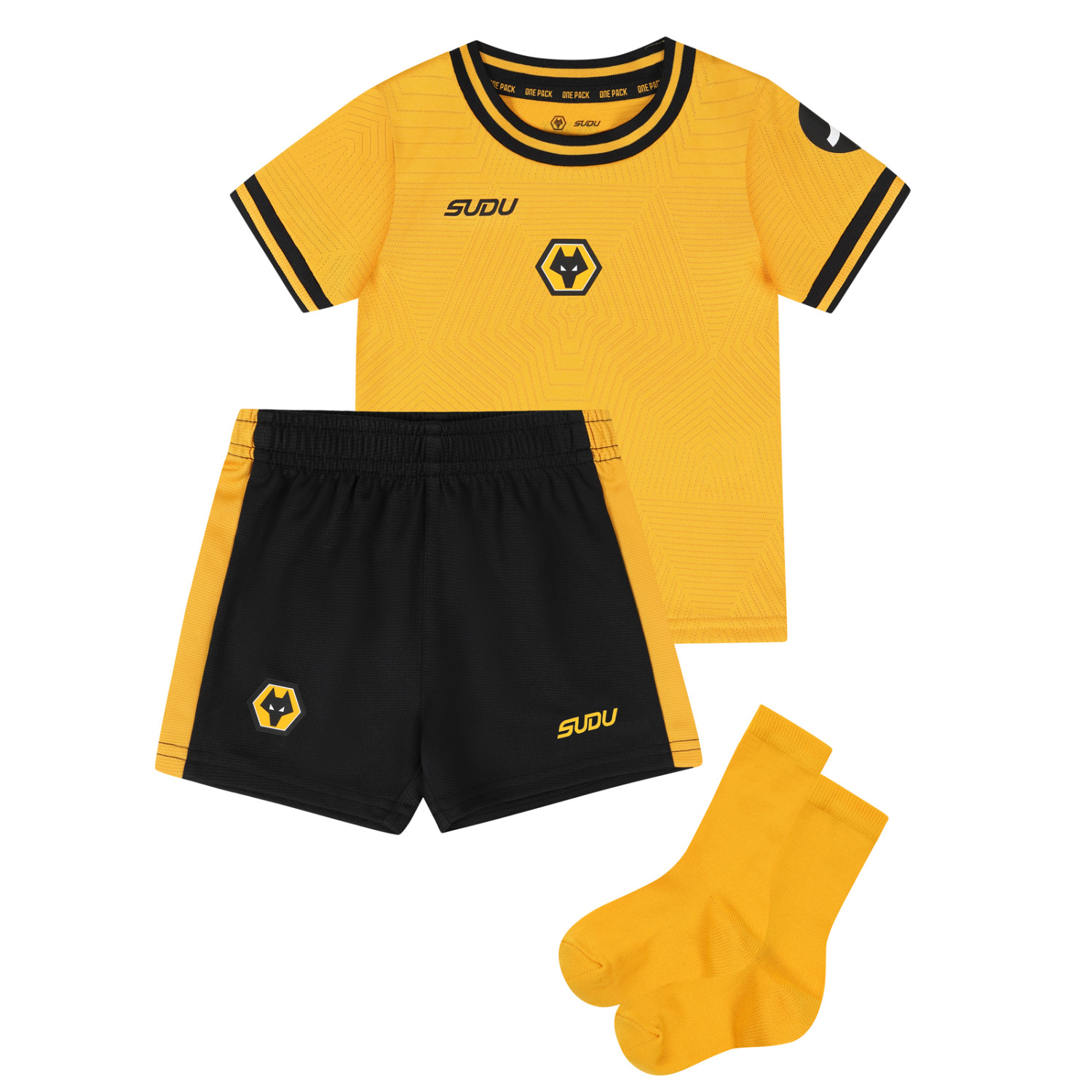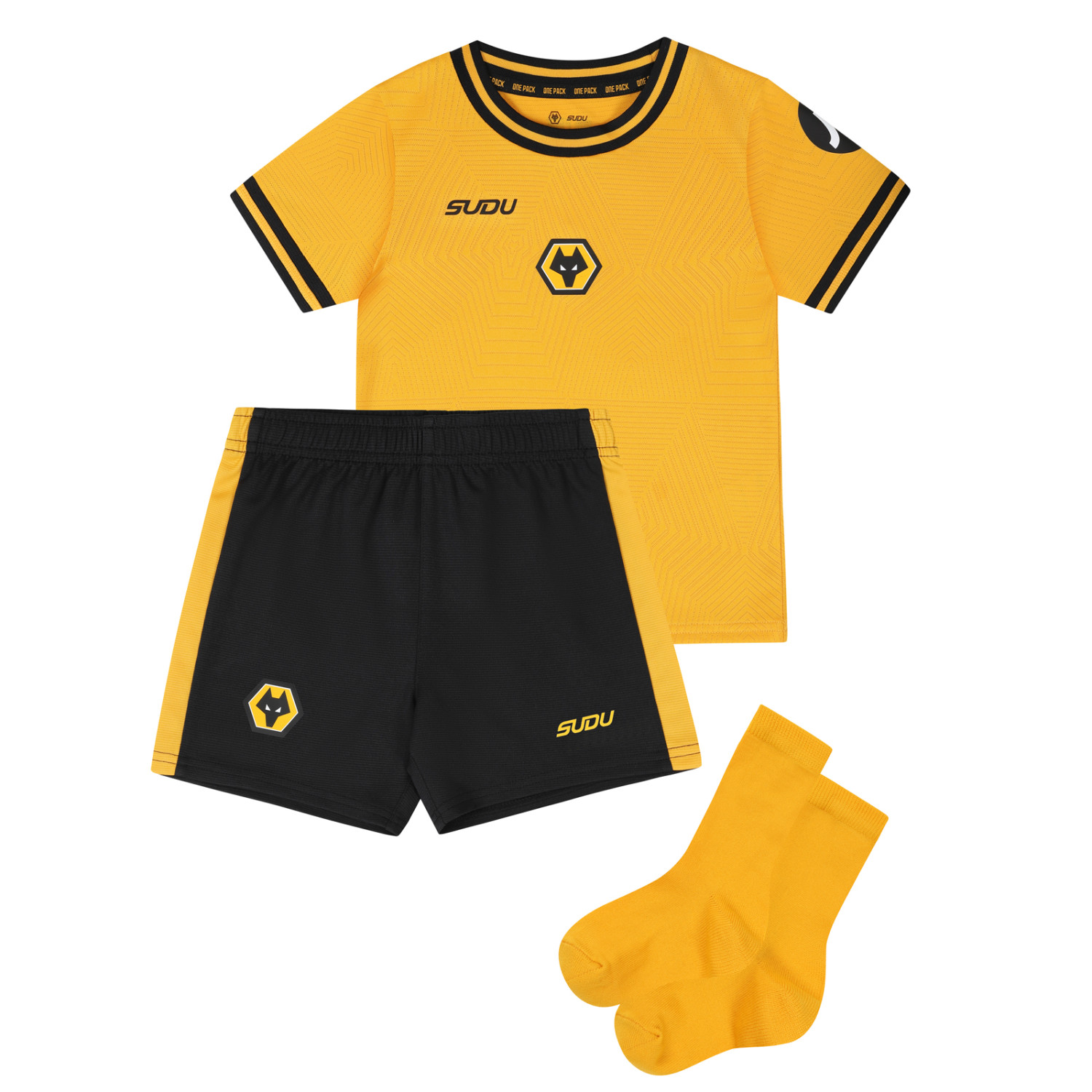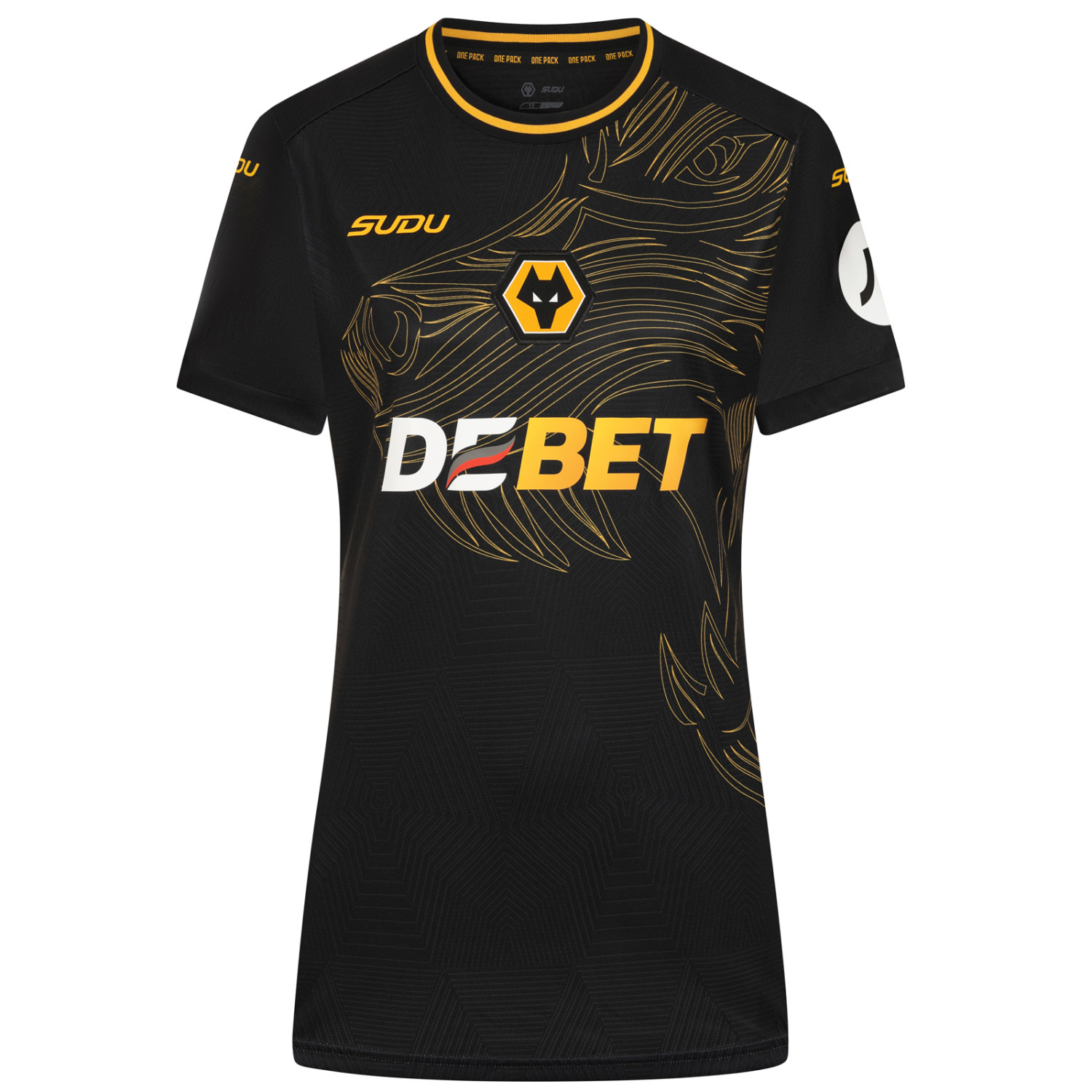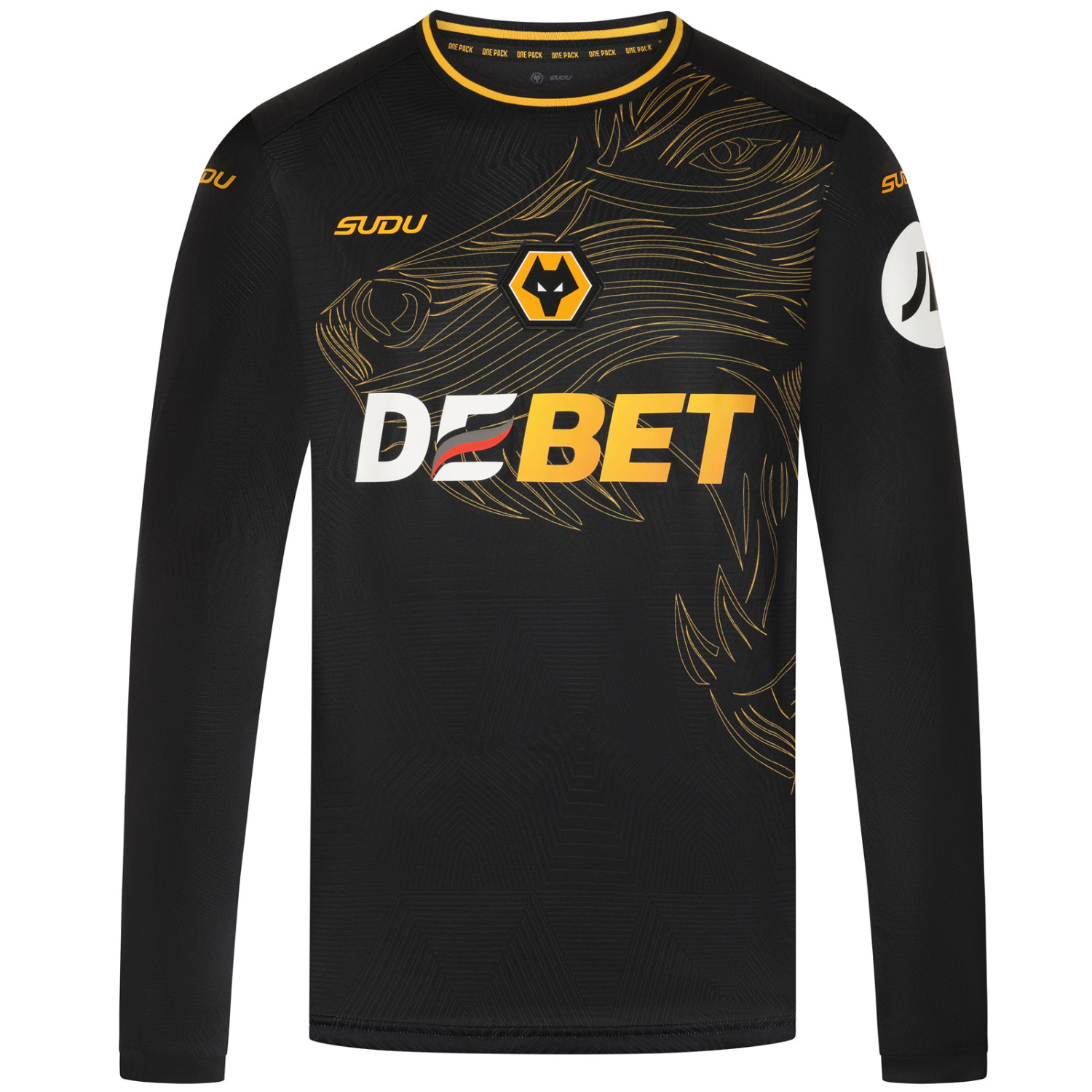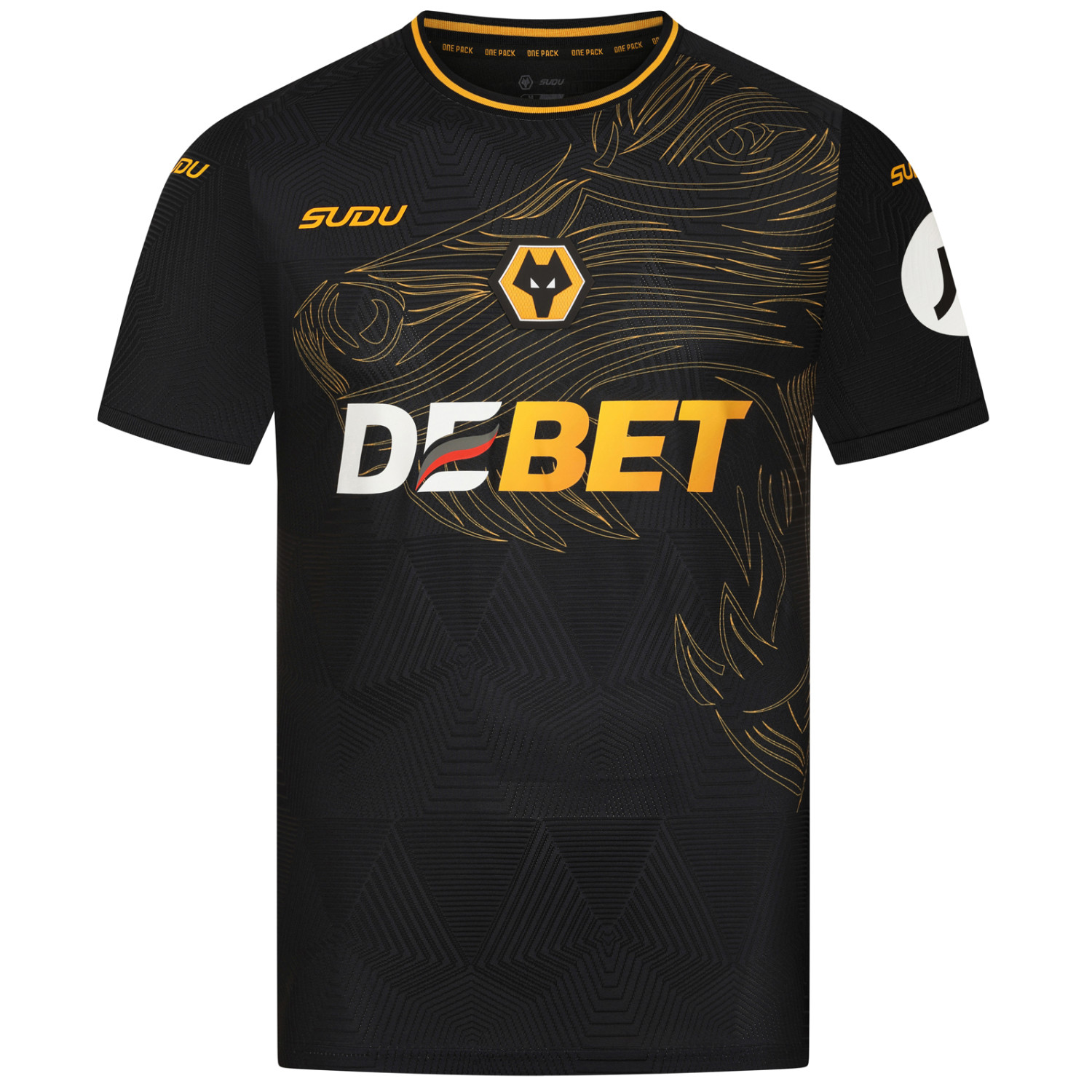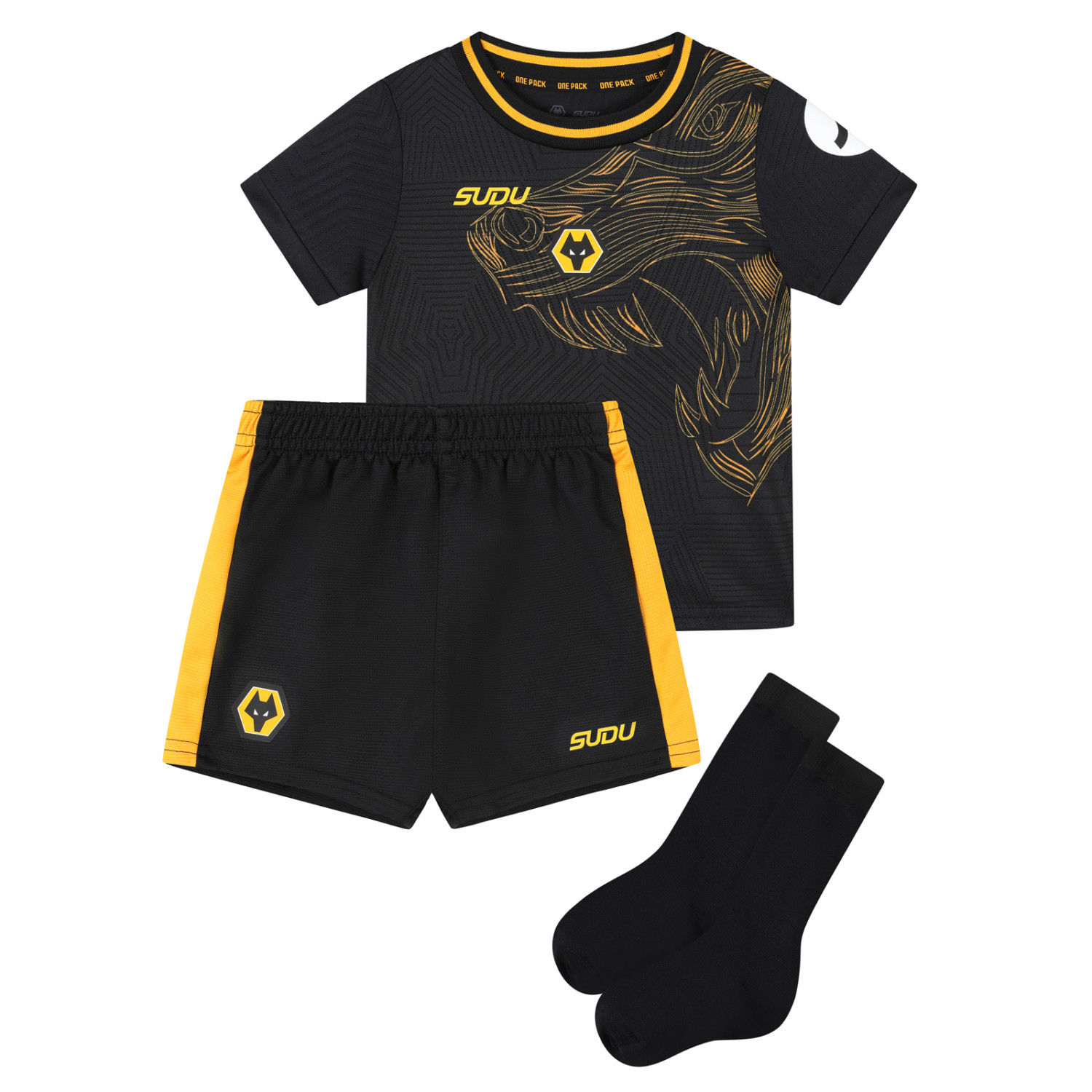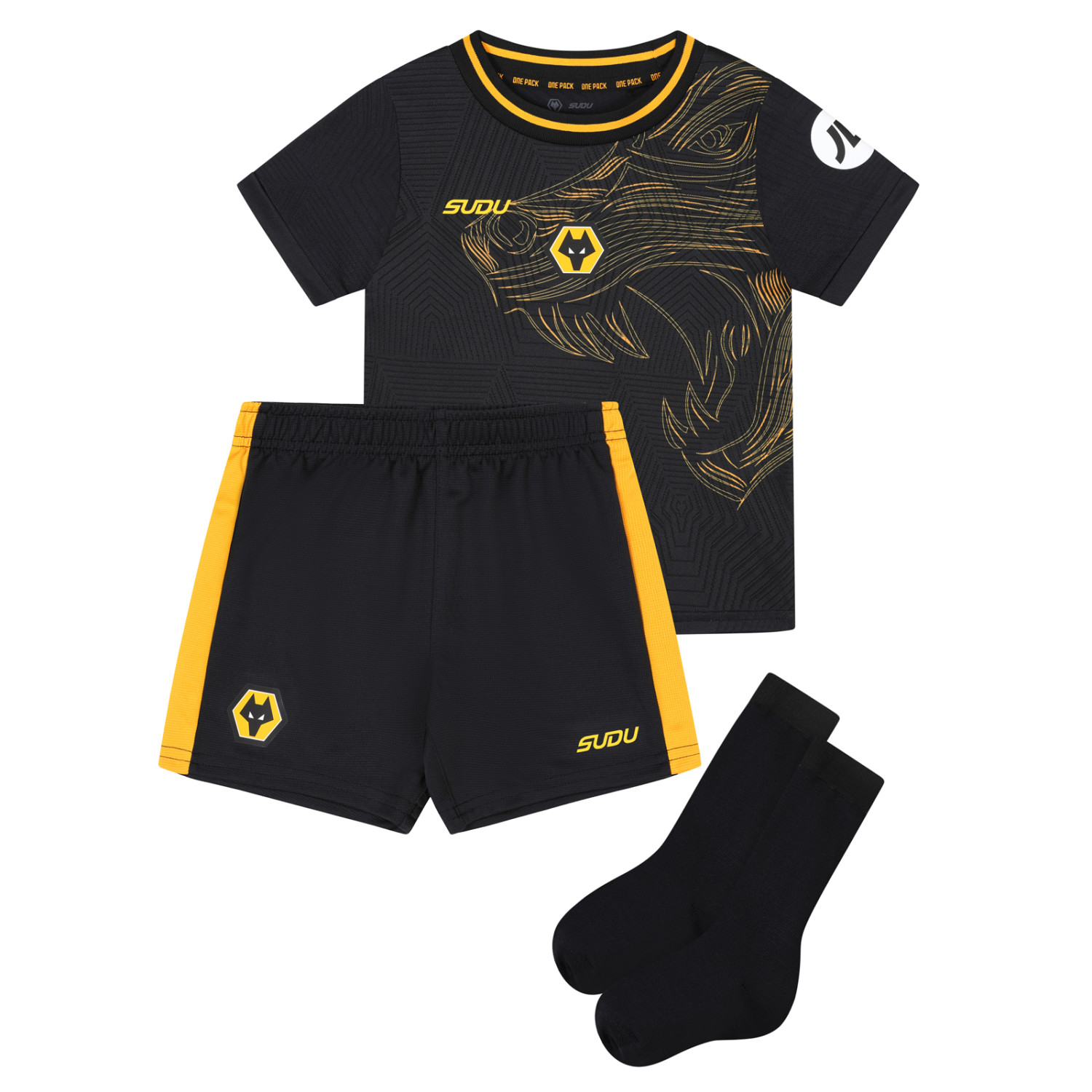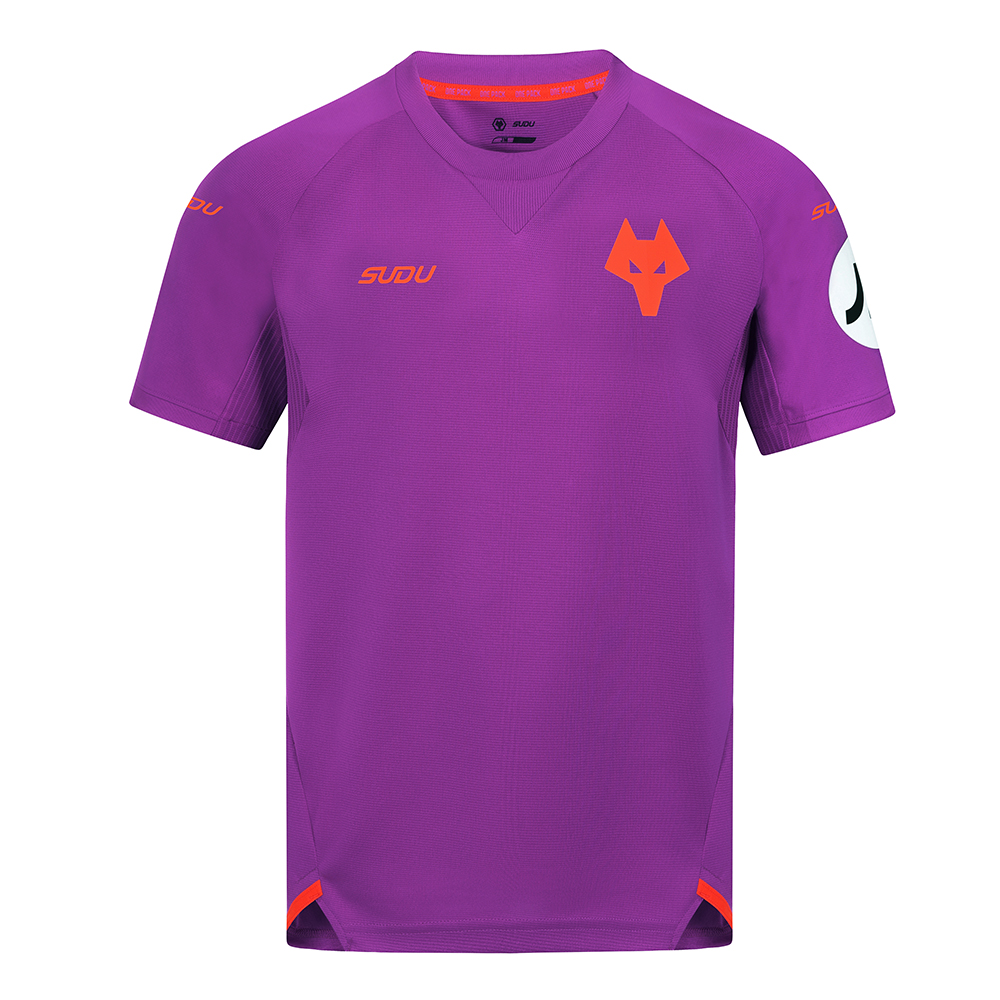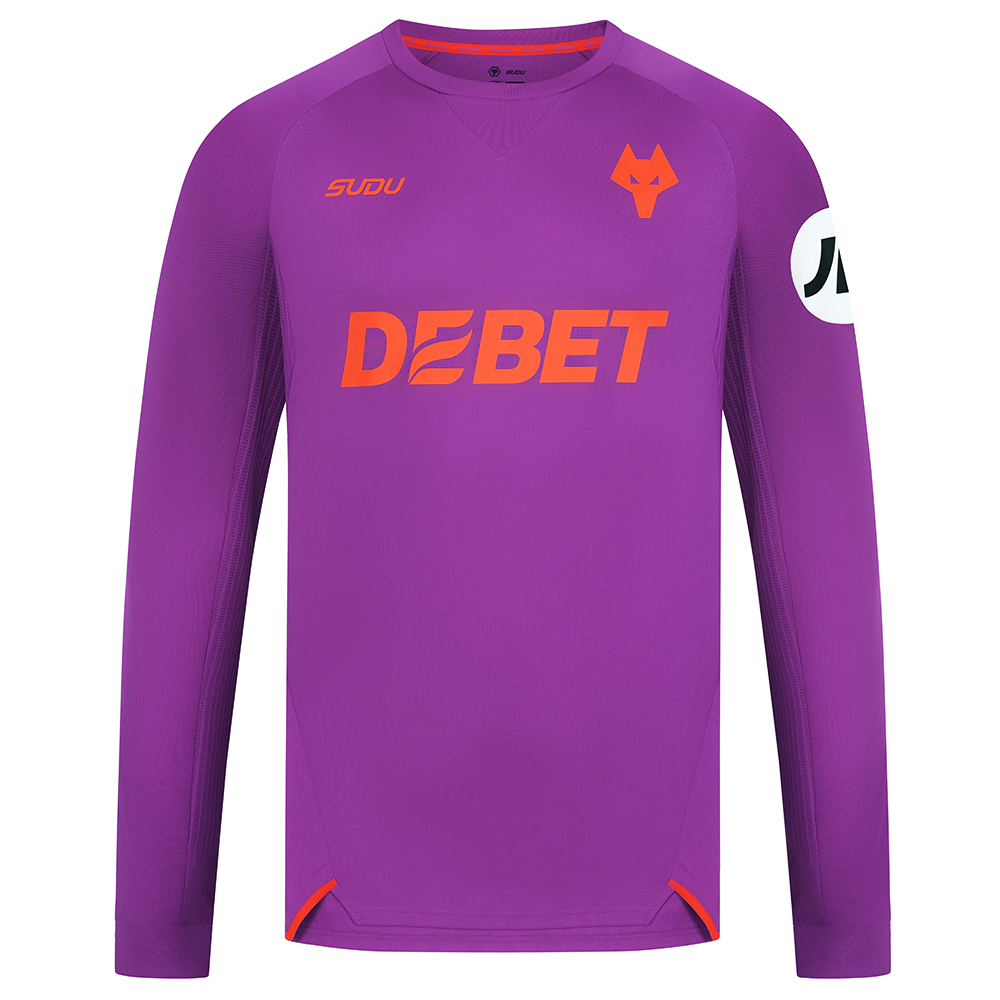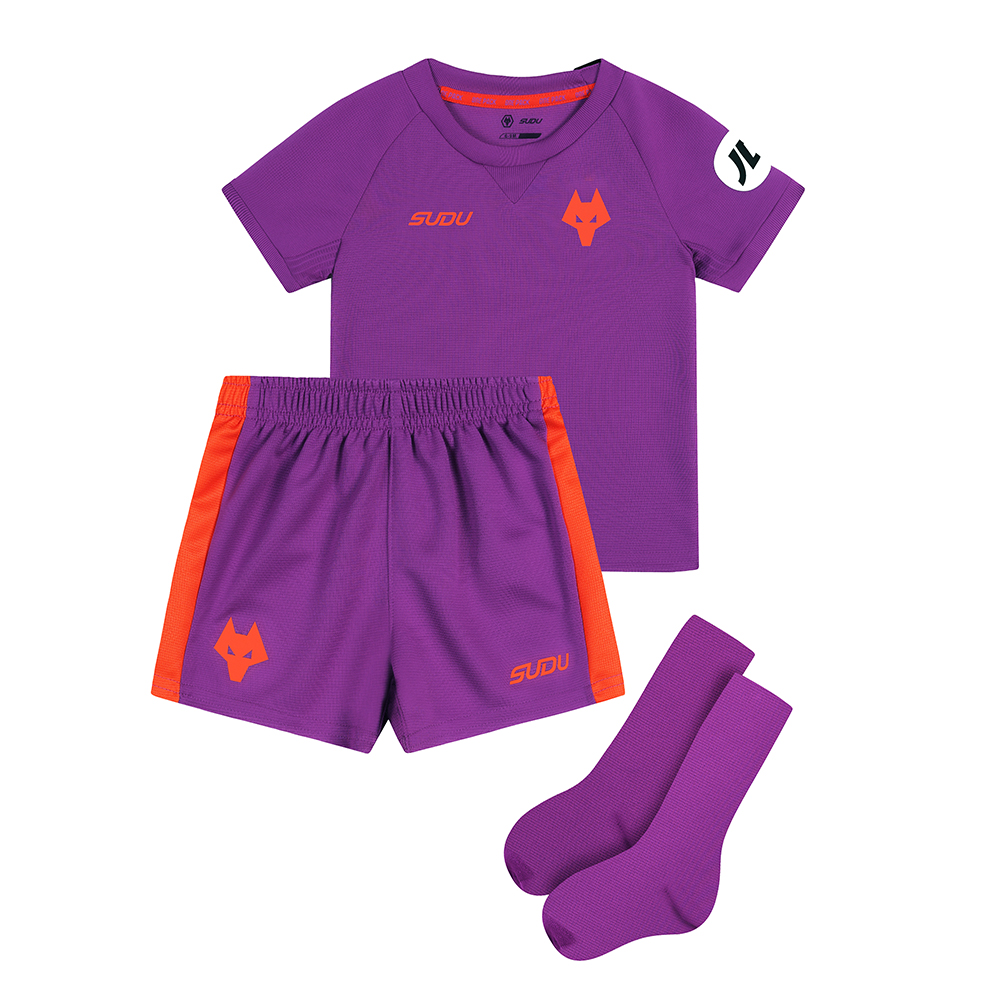Modern Black Country derbies between the teams who are separated by just 11 miles have been few and far between, with Saturday’s match being the first contest between the sides for nine years – the longest ever period (excluding wartime) we’ve had to go without a derby.
It all goes back to 1883, prior to the foundation of the Football League and the first ever ‘unofficial’ derby when the sides went head-to-head in the third round of the Birmingham Senior Cup - a competition that is still in existence today.
It wasn’t the most successful of starts to the rivalry for Wolves, with Albion running out 4-2 winners, before a pair of FA Cup matches followed ahead of the league getting underway, and once again, the Baggies took the spoils.

The teams competed in the derby twice a year for the first 13 seasons of the Football League, with both sides being founding members, and having never beaten their Black Country rivals, Wolves went on a stunning run during the early league contests, as the old gold were unbeaten in six matches between 1888 and 1891.
Those games included victories at Wolves’ old Dudley Road ground, Albion’s former Stoney Lane home, and a 4-0 win – the largest winning margin of the derby at that point in time – in front of almost 10,000 spectators at Molineux's second ever hosting of the derby.
The derbies came thick and fast during the first 60 years of the rivalry, with both sides of the Black Country divide enjoying their dominant spells, but it was the gold and black half of the region who were on top following the end of the Second World War.
Up until that point, FA Cup derbies had not been cause for celebration for Wolves, with the old gold having never beaten their bitter rivals in the oldest cup competition in world football, with Albion taking three wins in regular time, while Wolves had drawn twice to force replays – both times at the Hawthorns – before falling in the reverse at Molineux.

Yet, that was all to change in February 1949 as Wolves hosted Albion in the quarter-finals. Having beaten Chesterfield, Sheffield United and Liverpool to make it into the final eight, Wolves took victory by the narrowest of margins as Jimmy Mullen’s goal proved to be the difference. Stan Cullis’ side would go on to beat Manchester United in the semis and Leicester City in the final which saw the club claim the trophy for a third time.
The rivalry reached its peak in the 1950s as both clubs challenged for the English top-flight title as two of the best teams in the country.
Wolves enjoyed the better of the league and cup domination for a good deal of the decade, finishing in the top three on nine occasions, while winning the league three times and the FA Cup twice in this period.
But Albion were also a strong side during the decade, as they lifted the FA Cup in 1954. That ended a season in which the clubs finished as the top two in the country for the first and only time, as Wolves pipped their Black Country rivals to the league title by finishing four points ahead of the Baggies.

It’s one thing to play in the Black Country derby, but for legendary Wolves striker John Richards, he made his senior debut for the club in a 3-3 draw with the Albion, as the clubs had to settle for mid-table finishes in the 1969/70 season.
Speaking to wolves.co.uk, Richards said: “I was just 19 when I made my debut for Wolves at the Hawthorns. I’d only been at the club for about eight months, as I was still at school until I was 18, but fortunately I was ignorant to the magnitude of the game.
“I wasn’t a local lad, having grown up in Warrington, so I wasn’t aware of the importance of the game to each set of supporters, but there was something like 39,000 fans inside the Hawthorns that day, and it was a cauldron of noise.
“I’ve got some really fond memories of the Black Country derby, and that first one on my debut was a cracking game; a 3-3 thriller in which Albion, unfortunately, scored just towards the end, so it was a good baptism of fire for me.
“As a player, I think you step up your excitement and your anticipation for derbies, but I don’t think you step up your play, and for me, it didn’t make much difference whether we were playing Albion or another team, but it definitely did to my pals who were Wolves supporters.
“They would have to go into work on the Monday after the game and they would want bragging rights against their workmates who were West Bromwich Albion supporters, where it would definitely make the difference.
“Yet the more I lived in Wolverhampton, the more I realised the importance of that game to the fans, and that will be exactly how it will be this weekend. Even though there will be no fans there on Saturday, there will be fans watching and listening, not just in the Black Country, but everywhere around the world, and will mean everything to Wolves and Albion supporters.”
The 1970s was not a great decade for the Baggies, who fell out of the top division in 1973, but two years before their relegation, they played in the 100th league derby in West Bromwich, but it was the visitors who came out on top, winning a six-goal thriller with Hugh Curran scoring two superb goals.
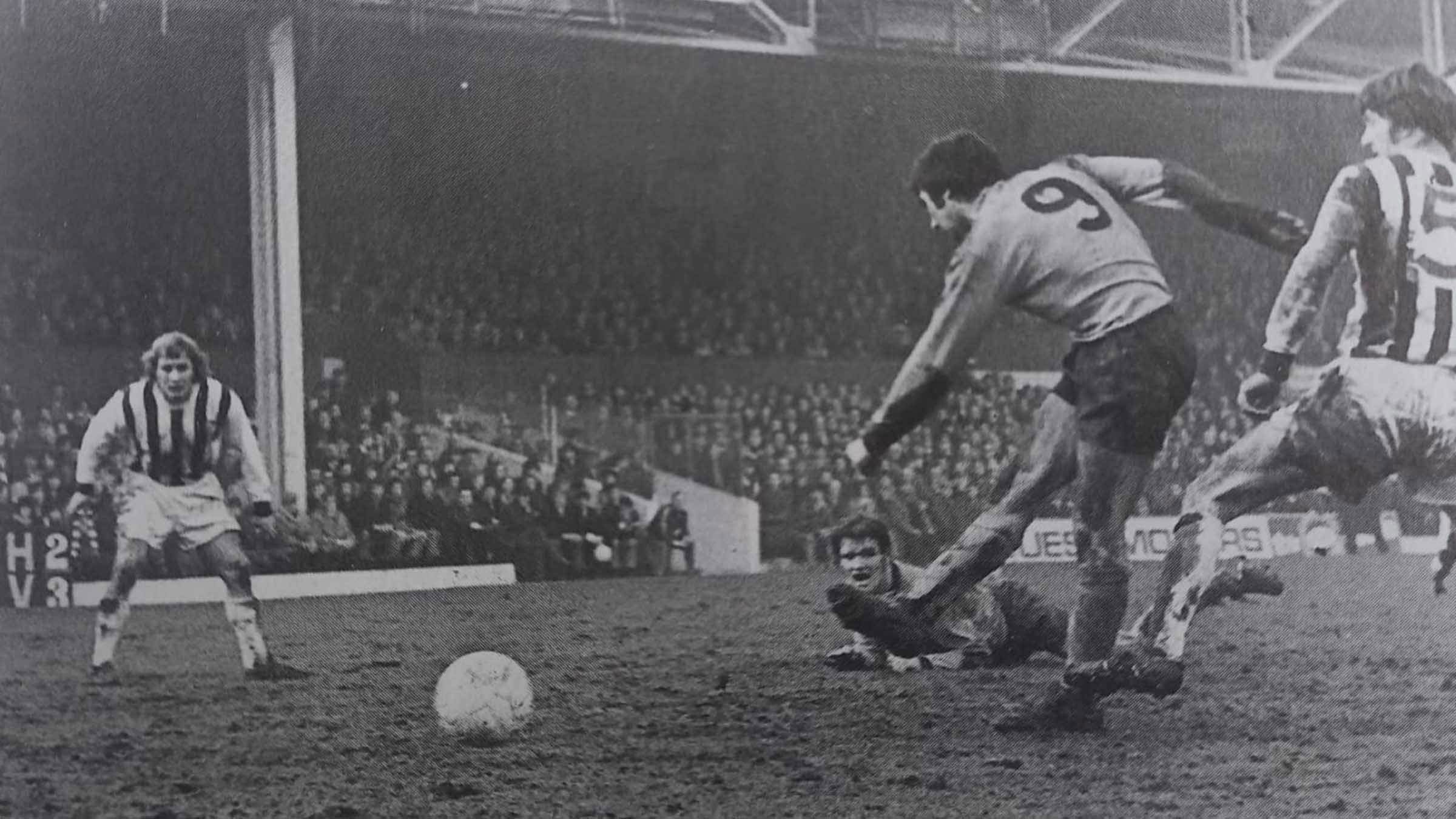
The result was Wolves’ best win on Albion soil – in terms of goal difference – for 13 years and was the first time the old gold had ever scored four at the Hawthorns.
“There was a spell in the middle of the 70s where they were relegated, so we didn’t have as many games as we would’ve liked,” Richards added, “but apart from the odd one or two, they were always tight games, regardless of where the teams were in the league table.
“But the team’s position in the league is irrelevant when it comes to a local derby, because the adrenalin is increased, the fans’ expectations are increased, the build-up is exciting, and it just gives the players that little bit more impetus, and I definitely found that with every Baggies game.
“They were totally different to Wolves vs Villa or another Midlands team. Wolves vs Albion, whether they were home or away, were always something to look forward to and everyone was always going to be up for it, so it doesn’t matter what position you’re in, it’s always going to be a tight game.”
Albion’s promotion back into the First Division in 1977 set up a spell of six draws between the sides, before Wolves’ 1980s capitulation.
Having fallen into the fourth tier of English football by the time 1986 arrived, Wolves were provided with the spark they needed to power up the football pyramid as Albion sent several players across the Black Country divide, including Ally Robertson, Robbie Dennison, Steve Bull and Andy Thompson.
Thompson, who went on to play more than 400 times in old gold as Wolves pushed for promotion into the top-flight throughout the 1990s, said: “When I came here, they didn’t need to sell the club to me – well, they couldn’t, because there wasn’t much of the club at the time that they could sell as we were near the bottom of the fourth division and really struggling! – but I knew all about the history being a fan and having come down to Molineux for several games and stood on the South Bank.
“It was more about Graham Turner selling us his idea for the club and his need to bring fresh players into the squad. Bully and I were just a few of the players who had gone from West Brom to Wolves; Ally Robertson was already here when we joined and ‘Denno’ came later on.
“But it was a massive gamble for me to take because I’d come from a West Brom side who were in the second division having just got relegated from the first division as it was then, and to come from Albion’s ground, which was in mint condition, and then coming to a struggling club. But I was a Wolves fan before I came here, all my friends were Wolves fans, and playing for your home club is one of the attractions to any player.”
But it was Bull – who went on to become the greatest goalscorer in Wolves’ history – who had the last laugh against the team he left just three years earlier at his old stomping ground in the club’s first meeting in six years.

The script was written for Bully to snatch the most dramatic of late winners at the Hawthorns. The late Mark Kendall had saved a penalty – incidentally given away by Thompson in what was also his first match against his former employers – to keep Wolves in the game at 1-1, before Bull got on the end of a cross by strike partner Andy Mutch as he chested the ball down and latching a right-footed rocket into the back of the net, sending the old gold supporters wild.
“It was unbelievable,” Bully told wolves.co.uk. “During the two years after I had signed for Wolves, I had loads of stick off the Albion supporters, calling me a 'Judas' and saying I left them, but it took them a few years to realise that they sold me and I didn’t leave.
“But when you go back to your old club, you always think you can go back and score. Throughout all the game, I got so much stick from the Albion fans, but I’m like a horse, I put the blinkers on, don’t listen to anybody else, and just go out there and do my job.
“Nothing had been coming off for me and Mutchy during the game, although we’d been working really hard, it just felt like it was going to be one of those that doesn't go for you. But in the 89th minute, the ball came over from Mutchy, I didn’t know whether to head it or control it on my chest, but I had time and space so I chested it and volleyed it.
“When the ball hit the back of the net, I saw all our fans behind the goal and behind the fencing they’d put up so they couldn’t get on the pitch, packed in like rats, trying to get over the guttering so they could get to me.
“The hairs went up on the back of my neck and I’d never felt anything like it before. That goal settled it, and I became one of the Wolves through and through from that moment on.”
The past 30 years has been one of few golden derby memories for Wolves supporters after the late 1980s had promised so much, thanks to three wins and a draw from their four derby wins post-Third Division promotion.
With Wolves on the way up following the takeover by Jack Hayward, there was hopes that the old gold would be pushing for a place in the top-flight, but that ambition didn’t always translate to results in the derby.
A 2-0 win in August 1994 was Wolves’ only victory in eight derby attempts, but the Molineux side had the bragging rights in the 1996/97 season as they securing successive wins over the Baggies thanks to Iwan Roberts. The Welsh striker had his finest games in a gold and black shirt, scoring a hat-trick at the Hawthorns before notching the winner in the reverse fixture.

“For some reason, West Brom had always been a club that I’d done well against,” Roberts admitted on Wolves’ official My Golden Game podcast, which looked back at 1996's 4-2 victory in West Bromwich.
“I don’t know why, but forwards do have lucky clubs that they always seem to score against, and West Brom were one of mine. I’d scored twice there for Leicester, I’d scored twice there for Huddersfield, and going into that game, especially having got off the mark for Wolves, I was confident that I could nick one. But never in a month of Sundays did I think I’d get a hat-trick.
“It was surreal at the beginning as I’d only scored once for Wolves before, but to get one so early on in such an important game, and as a centre-forward, there’s no better feeling. Getting on the scoresheet in the first couple of minutes seems like all that pressure is lifted off your shoulders and after that first goal, I just went out and relaxed. I could really enjoy the game.
“As a player, if you move to a new club, if you’re going to try and be successful in winning your fans over, there’s no better way of doing it than in a derby.”
This Saturday will mark the first Black Country derby in nine years, and those of an old gold persuasion will be hoping that the game will not be anywhere near as disappointing or outright depressing as the last time the sides met; a 5-1 loss at Molineux in February 2012 saw Mick McCarthy sacked just days later.

The match will also have more importance than just a derby, as both sides are in need of the three points the help restart their seasons, but Richards is adamant that although many in the Wolves camp might not be from the local area, they will understand the significance of the game and how much it means to the supporters.
“Without a doubt. They will be surrounded, either at the club or where they live, by people who are Wolves and Albion supporters and they will make it clear just how important it is.
“I think there will be that little bit ‘extra’ from both sets of players which comes with a derby, and when you look at what’s happening with both sides at the moment; Wolves have had a bit of dip in their results and you’ve got the situation at West Brom with the change of manager and new players coming in and being in the relegation zone, so there’s a lot to play for more than just bragging rights.
“Wolves will be wanting to pick up the points to get them back up the Premier League table and pushing back towards those European qualification spots which they’ve been chasing the last couple of seasons, and they’re not that far off. A couple of wins and they’ll be back up there.
“While Albion need a win just to get their season up and running to try and get them out of the relegation zone sooner rather than later, and one win would really lift them and start to take them away from danger.
“It’s a really big game for both sides for different reasons, so I’m really looking forwards to it. With all the games we’ve had this season, this for me is the big one, and at this stage of the season, a crucial game for both teams. A win could make the season for either of them.”
It is almost ironic that after having to wait almost a decade for Albion to be the visitors to Molineux, that proceedings will be in front of an empty stadium.
A global pandemic is the only thing that could have stopped supporters in creating one of the most eagerly anticipated atmospheres in the Premier League this season, but despite the lack of raucous backing from the stands, fans of both clubs will still be looking forward to one of the most historic derbies in world football.
Bull said: “We are in strange times at the moment, and I think it’s on an even keel. No supporters, not too many local lads in there, so they’ll take it just like a normal game, and I hope we do try to just get the three points and not focus on it being a derby, because we need to stick to our decent football instead of it turning into a slanging match with a team that’s struggling down below.
“But I would’ve loved to have seen the supporters there, because when you have 27,000 home fans behind you, encouraging you to get to that last pass, that last cross, that last flick-on, that last tackle, that last save, it gets the crowd going and it gets you going as well.
“It could be a six-pointer for us because if we lose this we could be dragged into the bottom four, but we’ve got to go out there and not get dragged into Albion’s game-plan, have a plan B and try to break them down. I don’t care if it’s a scrappy 1-0 or a 4-0 drilling, we just need to win.”
“It’s going to be a hell of a game,” Thompson added. “We all love the derby games and I know it’s going to be different without the fans there, but it’s still a derby, it can go either way, and I’m expecting a tough game once again.
“We’ve just got to get ourselves up for it, not feel sorry for ourselves after the Everton loss – which I’m sure they won’t – and with the quality we’ve got, go out there and perform. It’s another game and another chance of getting three points and I expect us to go out onto the pitch and put on a good performance.”
Thommo will join his usual co-commentator Mikey Burrows on a bumper packed Matchday Live Extra from 11.30am this Saturday which you can watch live on the Wolves App or Wolves TV. The pair will be live from Molineux, as they are joined by Carl Ikeme, Chris Iwelumo and a host of special guests watching from home, as they bring you the very best of the Black Country derby build-up, live and uninterrupted commentary, and post-match reaction.


